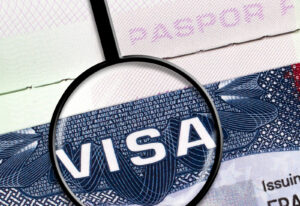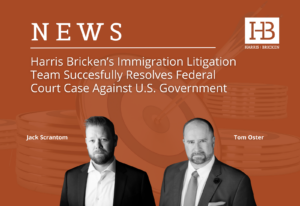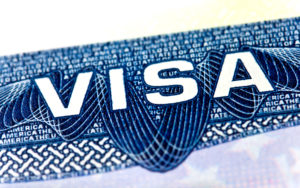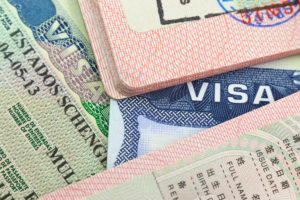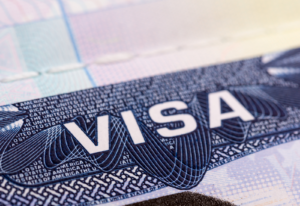Introduction
In a recent development, L&T Technology Services (LTTS), an India-based company with U.S. offices, has agreed to pay over $9.9 million to settle allegations of visa fraud. The company was accused by the U.S. Department of Justice of underpaying visa fees by acquiring cheaper B-1 visas instead of the more expensive H-1B visas, which is a violation of the False Claims Act. The investigation leading to the settlement was initiated by a whistleblower complaint in the U.S. District Court in Charleston, South Carolina, and handled by the U.S. Attorney for the District of South Carolina.
Settlement Details
LTTS, a company providing services and personnel to U.S. companies, utilized B-1 visas for its foreign national employees. The settlement amount of $9.9 million reflects the underpayment of visa fees by LTTS between 2014 and 2019. During this period, the company allegedly obtained B-1 visas for its foreign national employees, which do not permit paid labor in the United States. The fees for B-1 visas were significantly lower, ranging from approximately $200 to $300, compared to the more expensive and stricter H-1B visas, which range from approximately $4,000 to $6,000 and are subject to an annual numerical cap.
The Difference Between B-1 and H-1B Visas
H-1B and B-1 visas are both non-immigrant visas used by foreign nationals to enter the United States for specific purposes, but they have distinct differences and limitations.
H-1B visas are primarily intended for skilled foreign workers in specialty occupations. To obtain an H-1B visa, applicants must have a job offer from a U.S. employer and possess specialized knowledge or a bachelor’s degree or higher in their field. These visas allow foreign nationals to engage in gainful employment and work for a U.S. employer for a specified period.
B-1 visas are typically issued for temporary business visitors who are coming to the United States for a specific and limited business purpose. According to the U.S. Department of State’s Foreign Affairs Manual, B-1 visa holders are prohibited from engaging in gainful employment or working for a U.S. employer. Instead, B-1 visa holders are allowed to engage in certain permissible activities such as attending business meetings, negotiating contracts, consulting with business associates, participating in conferences, and engaging in other similar activities. They must remain employed by their overseas employer and can only receive modest reimbursement in the U.S. for expenses incidental to their temporary stay.
Collaborative Investigation
The investigation leading to the settlement was a joint effort by several law enforcement agencies. Homeland Security Investigations, USCIS Nebraska Service Center Fraud Detection Unit, the Department of State’s Office of Inspector General, the Department of Labor’s Office of Inspector General, and the Department of State’s Diplomatic Security Service worked collectively to uncover the visa fraud allegations. Their collaborative approach illustrates the U.S. Government’s commitment to protecting immigration laws, the U.S. workforce, and the national economy.
Importance of Complying With Immigration Laws
The settlement reached between LTTS and the United States isa stark reminder of the seriousness of visa fraud allegations. It is critical that companies adhere to the rules and pay appropriate fees when applying for work visas, and for foreign nationals to understand the limitations of their B-1 visas, which do not permit gainful employment. The case acts as a deterrent for other companies seeking to exploit visa programs and highlights the determination of law enforcement agencies to pursue those who circumvent worker visa regulations.














